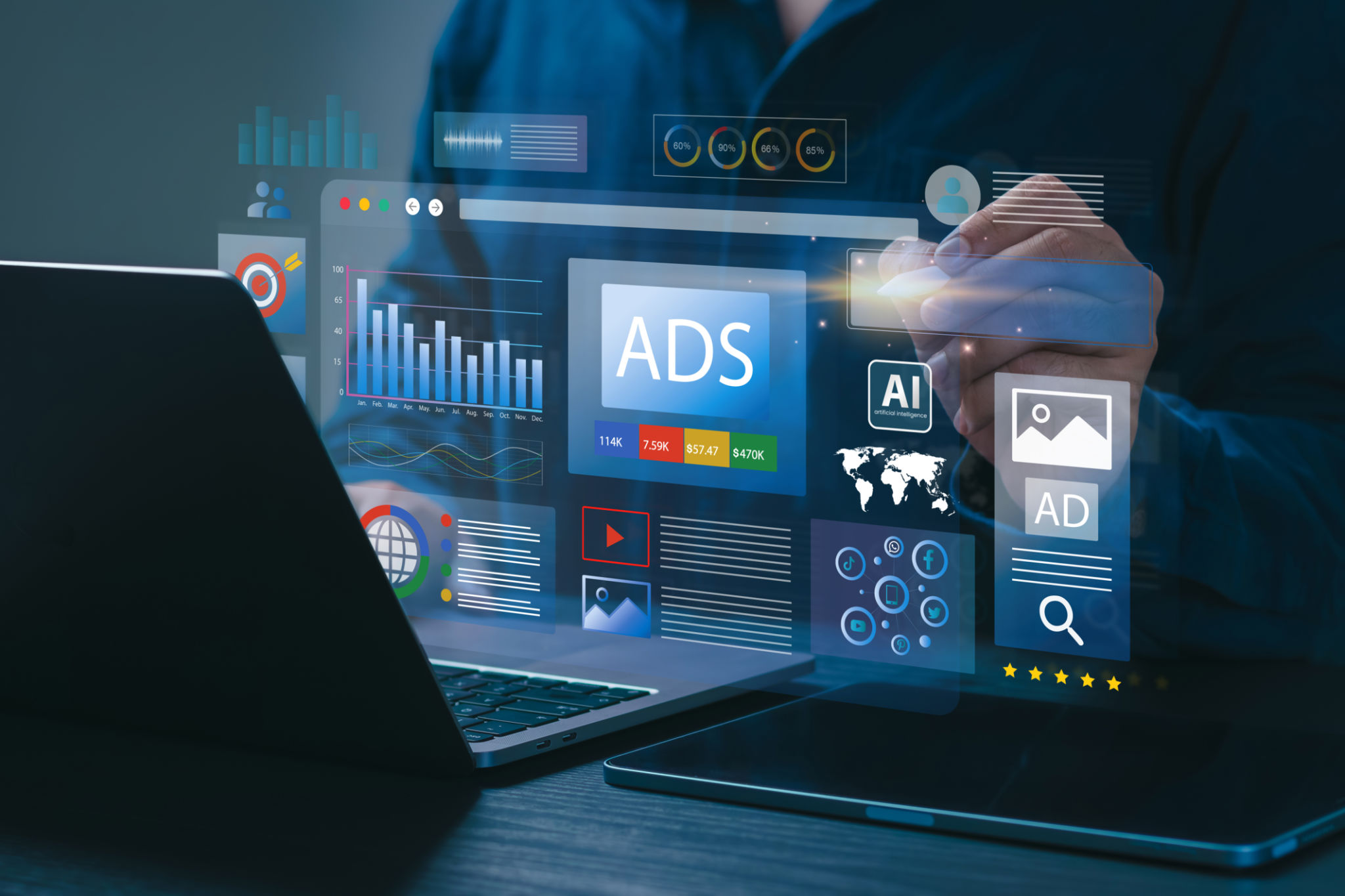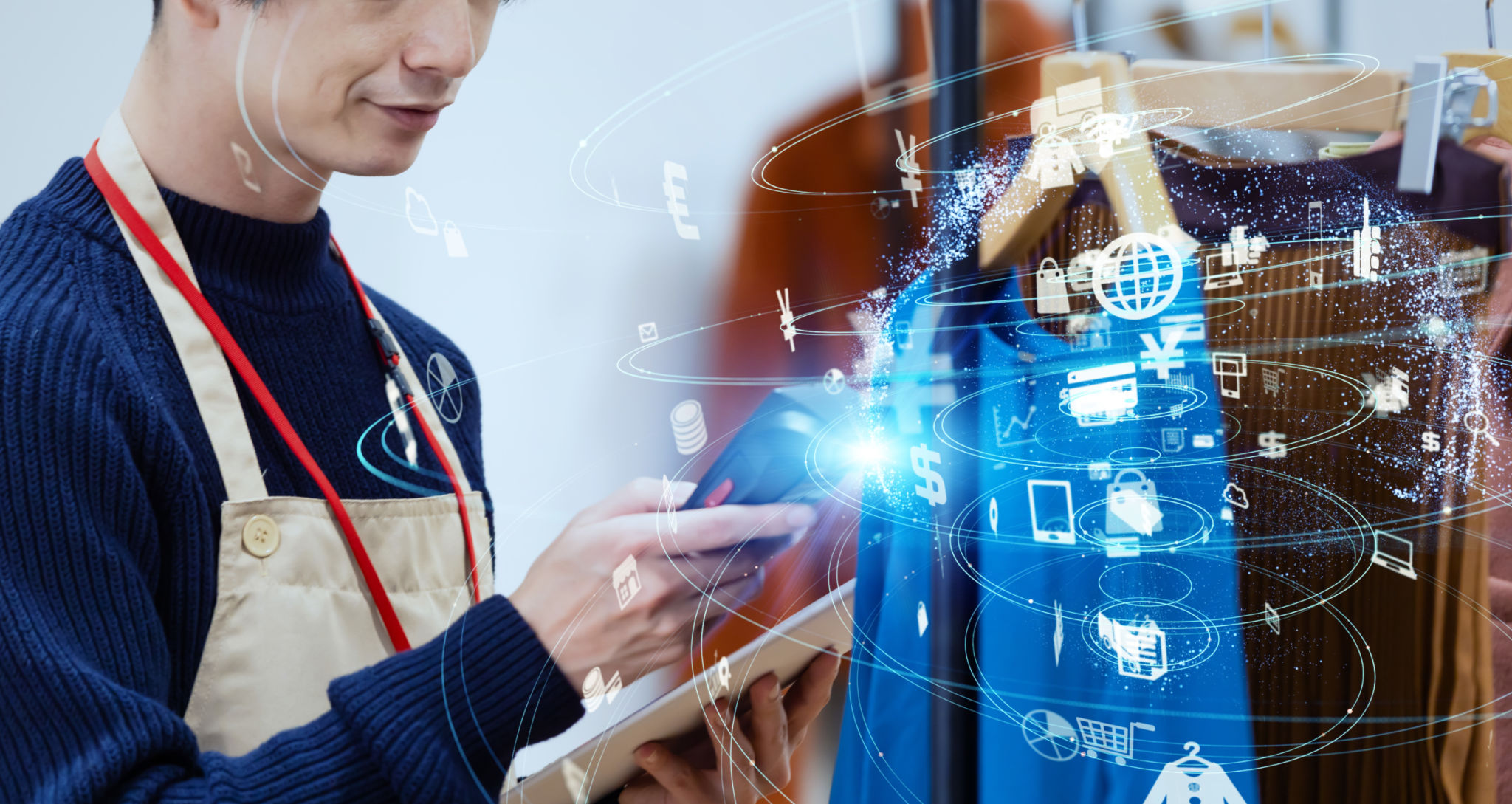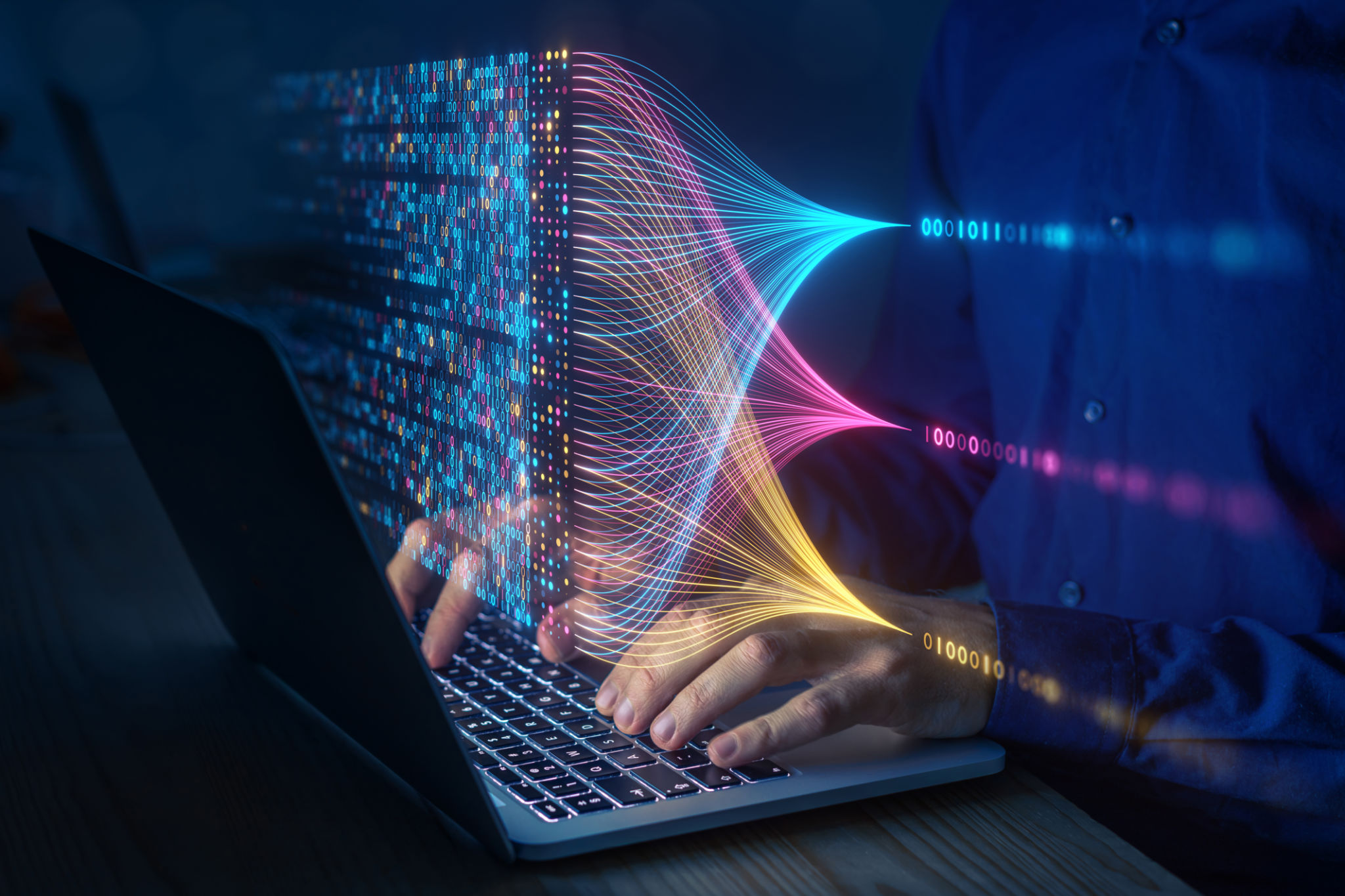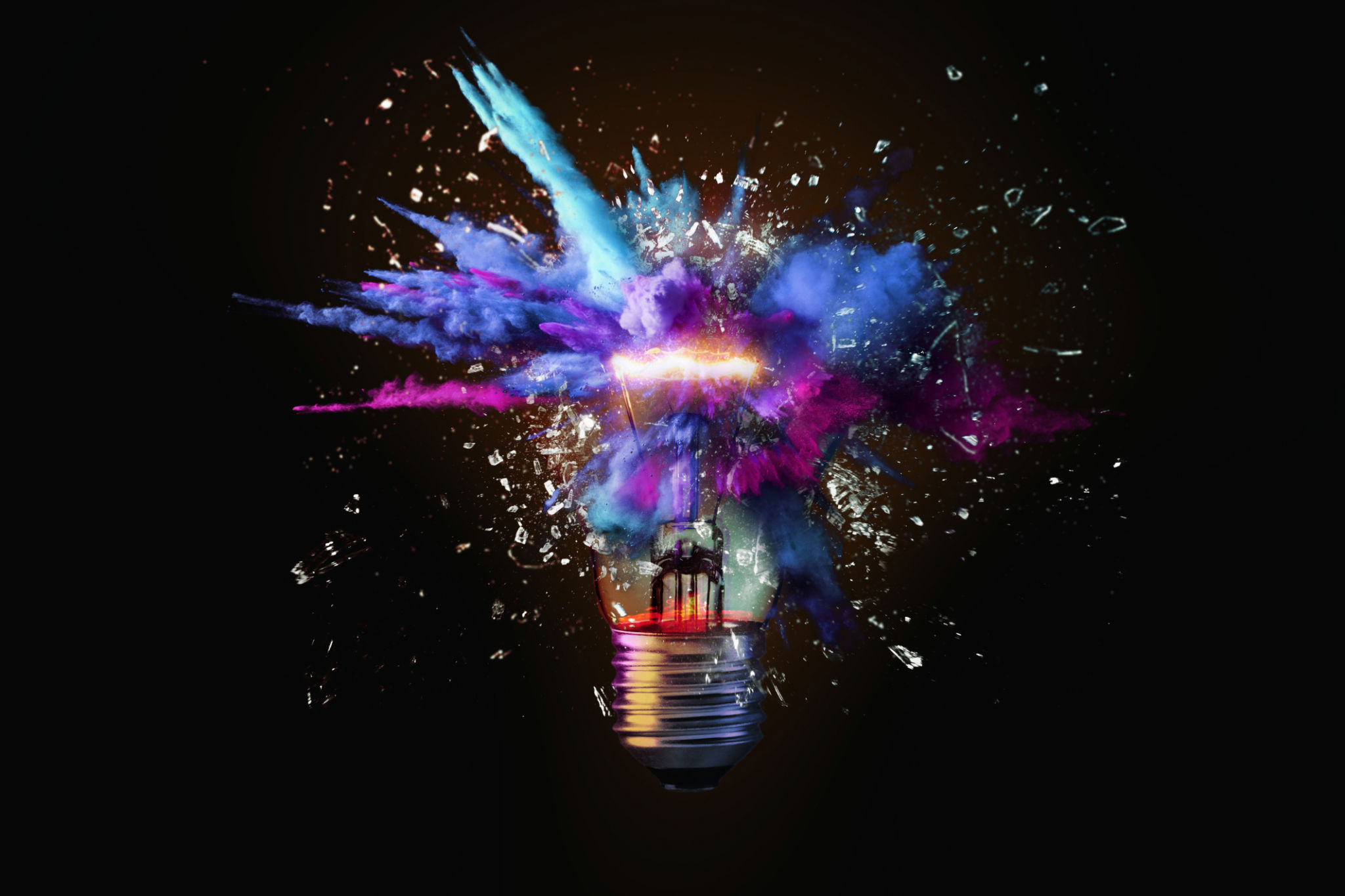Myth-Busting: Common Misconceptions About AI in Marketing
Debunking AI Myths in Marketing
Artificial Intelligence (AI) has become an integral part of modern marketing strategies, yet misconceptions about its capabilities and limitations persist. These misunderstandings can lead to unrealistic expectations or unwarranted skepticism. In this post, we'll debunk some common myths about AI in marketing, providing a clearer picture of what AI can genuinely offer.

Myth 1: AI Will Replace Human Marketers
A prevalent fear is that AI will make human marketers obsolete. While AI can automate repetitive tasks and analyze data more efficiently than humans, it cannot replace the creativity, intuition, and personal touch that marketers bring to their work. AI tools are designed to augment human efforts, not replace them.
Human marketers are essential for crafting compelling narratives and building emotional connections with audiences. AI can handle data processing, but it lacks the ability to understand nuanced human emotions and cultural contexts. Collaboration between AI and human marketers leads to the most effective strategies.
Myth 2: AI Is Only for Large Enterprises
Another misconception is that AI technology is only accessible to large corporations with vast resources. In reality, AI tools are available for businesses of all sizes, often through affordable software solutions. From small startups to medium-sized companies, everyone can leverage AI to enhance their marketing efforts.

Many platforms offer scalable AI solutions tailored to fit different business needs and budgets. For instance, AI-driven email marketing tools and customer service chatbots can be integrated into small business operations without breaking the bank. The key is to identify the right tools that align with your specific goals.
Myth 3: AI Always Gets It Right
There is a common belief that AI-driven systems are infallible. While AI is highly efficient at processing data and identifying patterns, it is not immune to errors. The accuracy of AI predictions and actions largely depends on the quality of the data it receives. Poor data quality can lead to flawed outcomes.
Therefore, human oversight is crucial in ensuring that AI systems function correctly. Marketers should continually monitor AI outputs and make necessary adjustments. A harmonious balance between human judgment and AI precision is essential for successful marketing campaigns.

Myth 4: Implementing AI Is Too Complex
Some businesses shy away from using AI due to perceived complexity in implementation. However, as technology advances, AI solutions are becoming increasingly user-friendly. Many platforms provide intuitive interfaces and comprehensive support to help users integrate AI into their existing systems.
Businesses can start small by automating simple tasks and gradually move on to more sophisticated applications as they become more comfortable with the technology. It's about taking manageable steps toward digital transformation rather than diving headfirst into complex systems.
Myth 5: AI Lacks Creativity
A common critique is that AI lacks creativity, which is seen as a limitation in marketing. While it's true that AI doesn't possess human-like creativity, it can assist in generating creative ideas by analyzing trends and suggesting innovative approaches based on data-driven insights.
AI can enhance creative processes by providing inspiration and identifying opportunities that might not be immediately apparent to human marketers. It acts as a valuable tool in the creative arsenal, enabling marketers to craft engaging and relevant content.

Conclusion: Embrace AI with Realistic Expectations
AI is transforming the marketing landscape, but it's essential to approach its integration with realistic expectations. By dispelling these myths, businesses can better understand how to leverage AI effectively without falling prey to misconceptions. The future of marketing lies in a synergistic relationship between humans and machines, where each complements the other's strengths.
